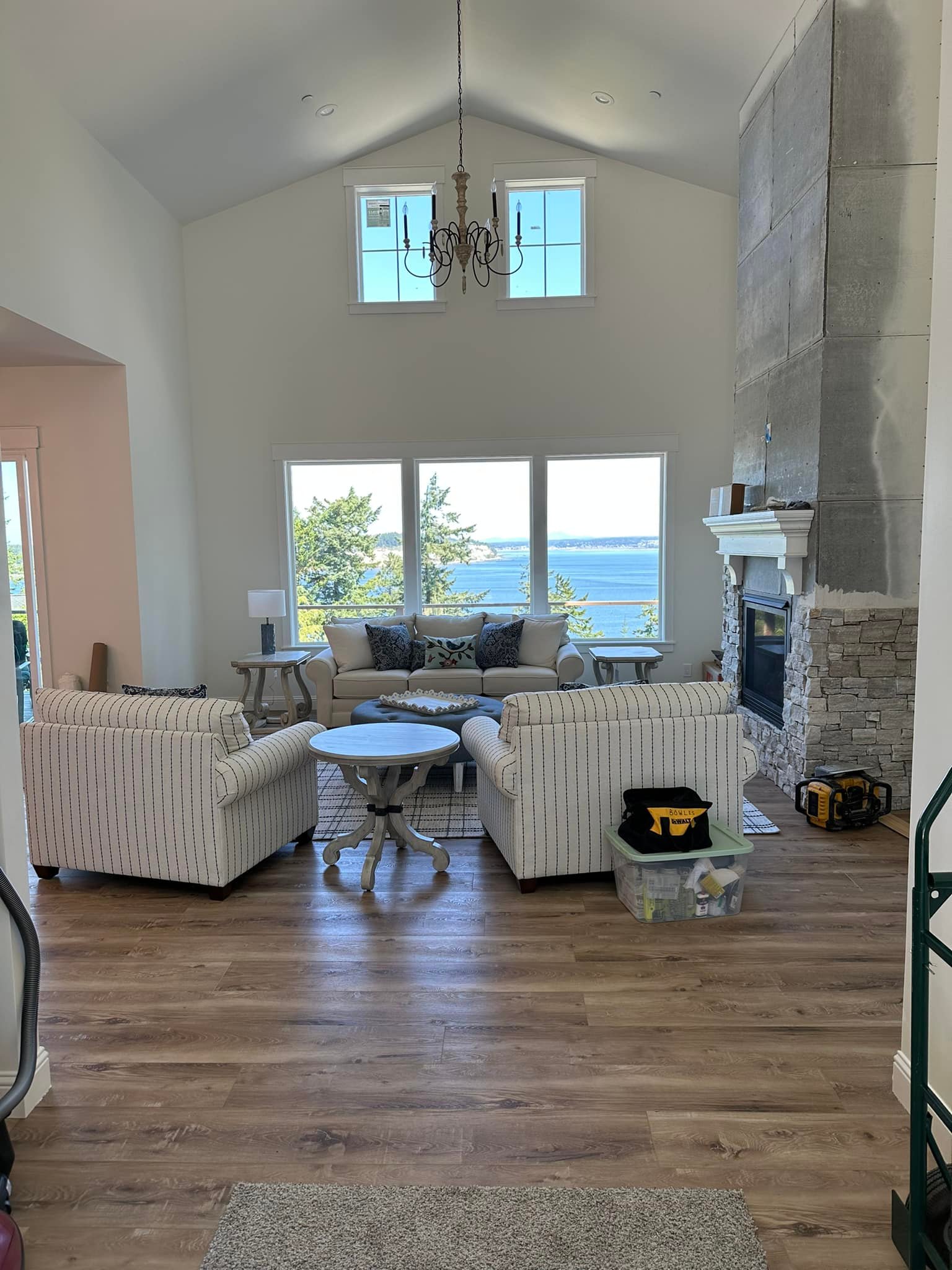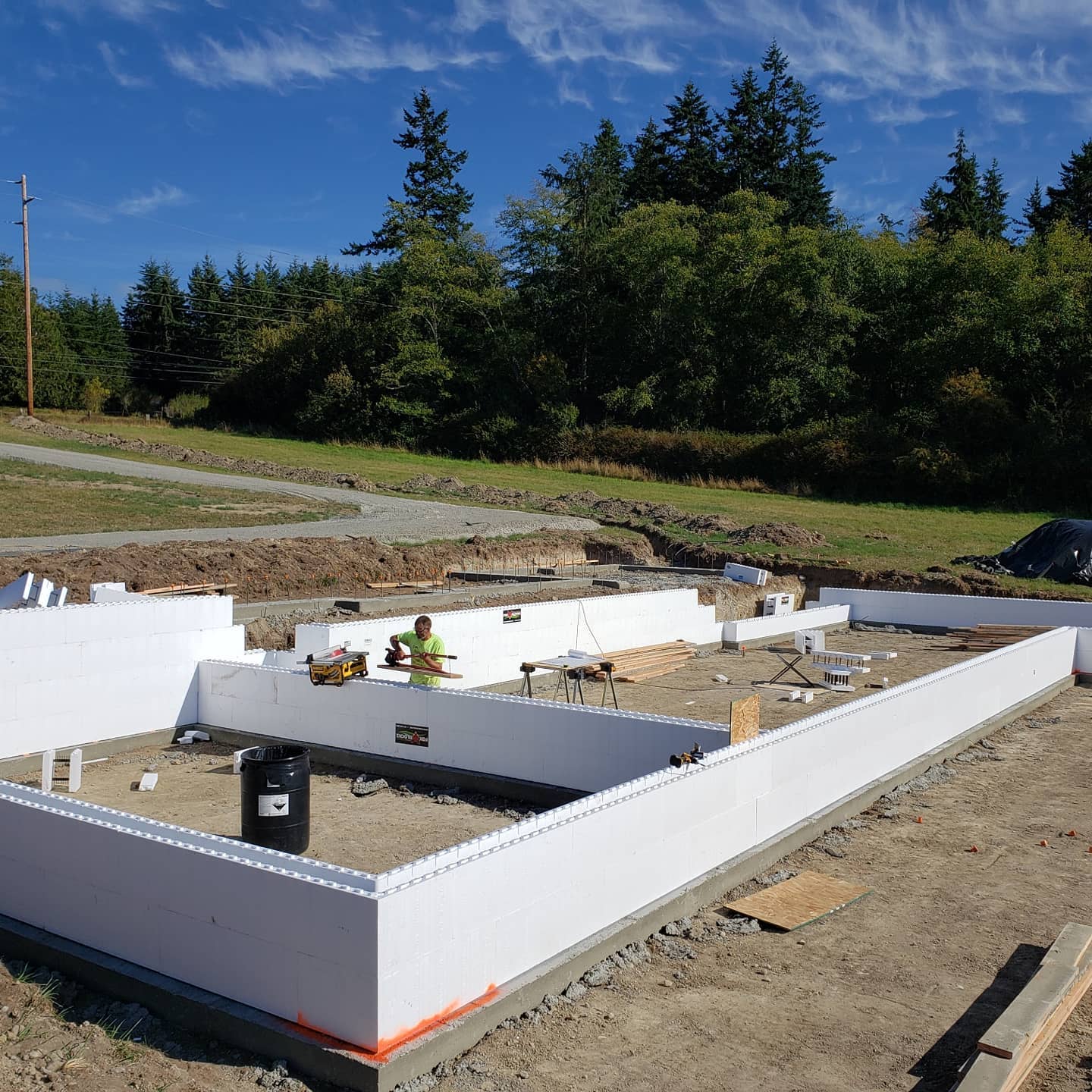About Us
At No 7 Development, we are a dedicated team of custom home builders serving Mount Vernon, WA and surrounding areas. With a passion for creating dream homes, we combine innovative design with quality craftsmanship to bring our clients' visions to life. Let us help you build the home you've always envisioned.
/filters:no_upscale()/media/07ca0c83-895e-4692-9d0d-6a0908e839c4.jpeg)
/filters:no_upscale()/media/07ca0c83-895e-4692-9d0d-6a0908e839c4.jpeg)
/filters:no_upscale()/media/4e87cbc2-b4d6-43de-ab62-44cb7032e680.jpeg)
/filters:no_upscale()/media/067c7029-527b-4d4d-a8c0-bb0048c0a5ae.jpeg)
/filters:no_upscale()/media/26c143dd-4777-430f-9b0d-e1651cd7d75c.jpeg)
/filters:no_upscale()/filters:format(webp)/media/92ab4778-52c8-4017-a99c-35d9b85faf60.jpeg)


/filters:no_upscale()/filters:format(webp)/media/cf7d92c9-3eb4-445e-8f2a-12dcccbe42ef.jpeg)
/filters:no_upscale()/filters:format(webp)/media/b649b5c8-3a2d-4061-9103-a9d990b76465.jpeg)
/filters:no_upscale()/filters:format(webp)/media/7a01ee05-6354-47fb-9d1b-a42a0071c70b.jpeg)
/filters:no_upscale()/filters:format(webp)/media/a12c9c3d-33d7-456d-8eef-32442f139a43.jpeg)
/filters:no_upscale()/filters:format(webp)/media/af1dcf8d-f671-4bb5-8880-9a9f8db3d0a6.jpeg)
/filters:no_upscale()/filters:format(webp)/media/7b483ede-7105-4de1-b9f3-9edddabc29ef.jpeg)
/filters:no_upscale()/filters:format(webp)/media/90f50063-6262-4c4d-9eb9-29ca8123c104.jpeg)
/filters:no_upscale()/filters:format(webp)/media/07ca0c83-895e-4692-9d0d-6a0908e839c4.jpeg)
/filters:no_upscale()/filters:format(webp)/media/4e87cbc2-b4d6-43de-ab62-44cb7032e680.jpeg)
/filters:no_upscale()/filters:format(webp)/media/92ab4778-52c8-4017-a99c-35d9b85faf60.jpeg)
/filters:no_upscale()/filters:format(webp)/media/eda5b071-ff87-479c-891d-71381c55d071.jpeg)
/filters:no_upscale()/filters:format(webp)/media/b95de059-0949-46a6-bf7b-b06454b79a4e.jpeg)
/filters:no_upscale()/filters:format(webp)/media/245dc88f-ebab-44ac-ad8a-94213737112f.jpeg)
/filters:no_upscale()/filters:format(webp)/media/70df4c3c-4bdd-4c56-9bb2-bb7d3f9dda13.jpeg)
/filters:no_upscale()/filters:format(webp)/media/a36f8883-1f16-454f-a94b-12d8d341d80c.jpeg)
/filters:no_upscale()/filters:format(webp)/media/b71ff492-afce-446a-a251-79c7b0c3ae9d.jpeg)
/filters:no_upscale()/filters:format(webp)/media/7a01ee05-6354-47fb-9d1b-a42a0071c70b.jpeg)
/filters:no_upscale()/filters:format(webp)/media/a0f681b3-7194-48c8-b8de-ad079ae43fe3.jpeg)